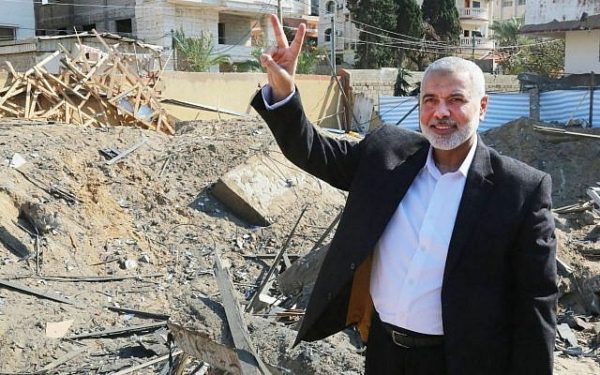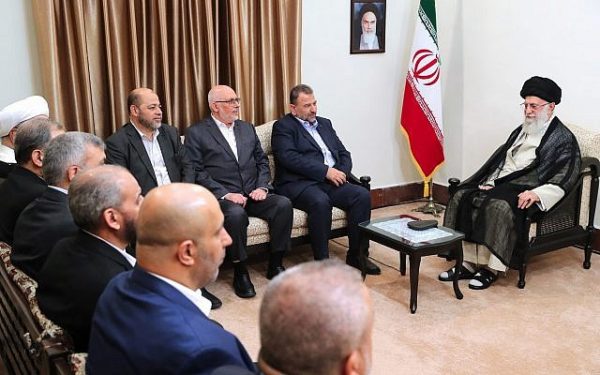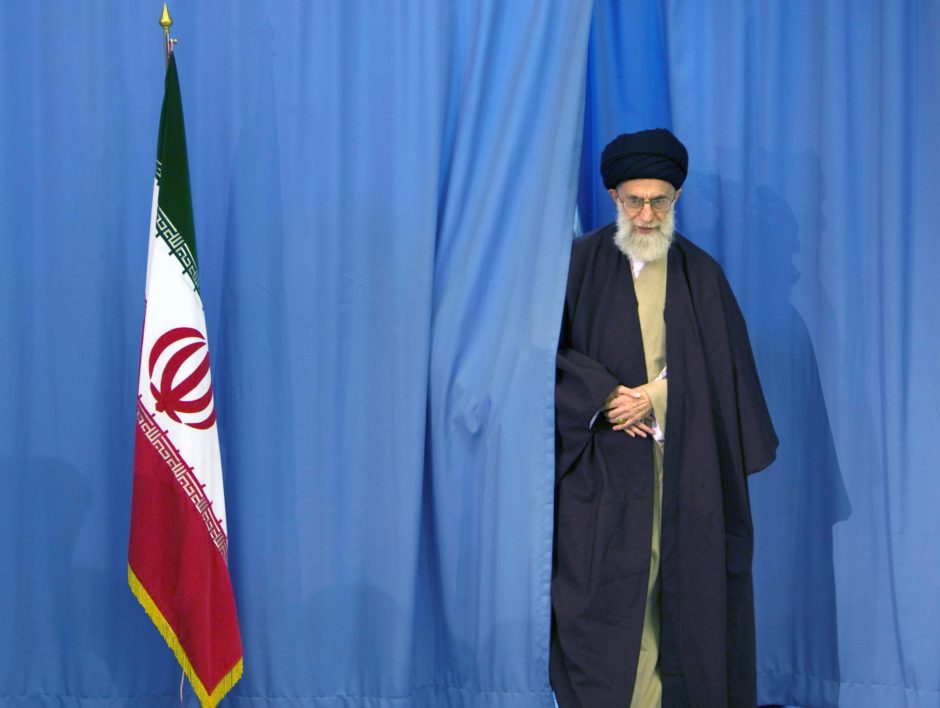Much to Israel’s discomfort, two of its staunchest foes, Iran and Hamas, have upgraded their bilateral relations.
Hamas, which has ruled the Gaza Strip for the past 13 years, dispatched a high-level delegation to Tehran late last month, when tensions between Iran and the United States were on the rise and an outbreak of fighting seemed possible.
The visit, which lasted from July 21-25, was regarded as significant because it cemented Iran’s alliance with Hamas after a period of mutual acrimony. The falling-out occurred after Hamas criticized the Syrian regime, Iran’s chief Arab ally, following the outbreak of the civil war in Syria in 2011.
Iran, a longtime financial supporter of Hezbollah and of Hamas’ armed wing, the Izz ad-Din al-Qassam Brigades, increased its monthly subsidy to Hamas by a substantial margin. Hamas, for its part, promised to provide the Iranian government with intelligence about Israel and assist Iran in the event of another war in the Middle East.
The visit unfolded at a time when Iran is trying to establish a military foothold in Syria and Israel is taking vigorous counter-measures in the form of air raids to nip it in the bud.

The Hamas delegation was led by Saleh al-Arouri, the deputy head of its political bureau and an advocate of closer relations with Iran. His boss, Ismail Haniyeh, was unable to travel to Iran due to Egypt’s refusal to allow him passage through the Rafah border crossing.
Arouri was accompanied by, among others, Hamas’ representative in Tehran, Khaled al-Kaddoumi; its former minister of endowments, Ismail Radwan Moussa, and its onetime representative in Lebanon, Osama Hamdan.

In an unmistakable sign of the importance that the Iranians attached to the visit, the Hamas delegation was received by top-level Iranian officials, most notably by Iran’s supreme leader, Ayatollah Ali Khamenei.
Khamenei pledged to funnel military and economic aid to Hamas because “victory over the enemy (Israel) will only be achieved through struggle and resistance.” And in a significant comment, he added, “Only a few years ago, the Palestinians fought the Zionist enemy with stones, and today they are equipped with precise missiles.”
According to reports, Iran agreed to raise its monthly payments to Hamas to $30 million, compared to about $6 million last year. In exchange, Iran reportedly requested intelligence about Israel’s missile stockpiles.
Al-Arouri, who has lived in Beirut since his expulsion from Istanbul a few years ago, announced that Hamas is on the “same path” as Iran in “battling the Zionist enemy.” He declared that Hamas will regard “any enemy of Iran” as “an enemy of Palestine.”
“But if the enemy (Israel) tries to break the resistance, the rest of the axis will join the battle,” he said in a reference to Iran and its Lebanese proxy, Hezbollah, which fought a month-long war with Israel in 2006.
